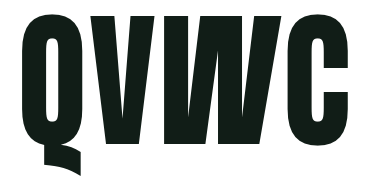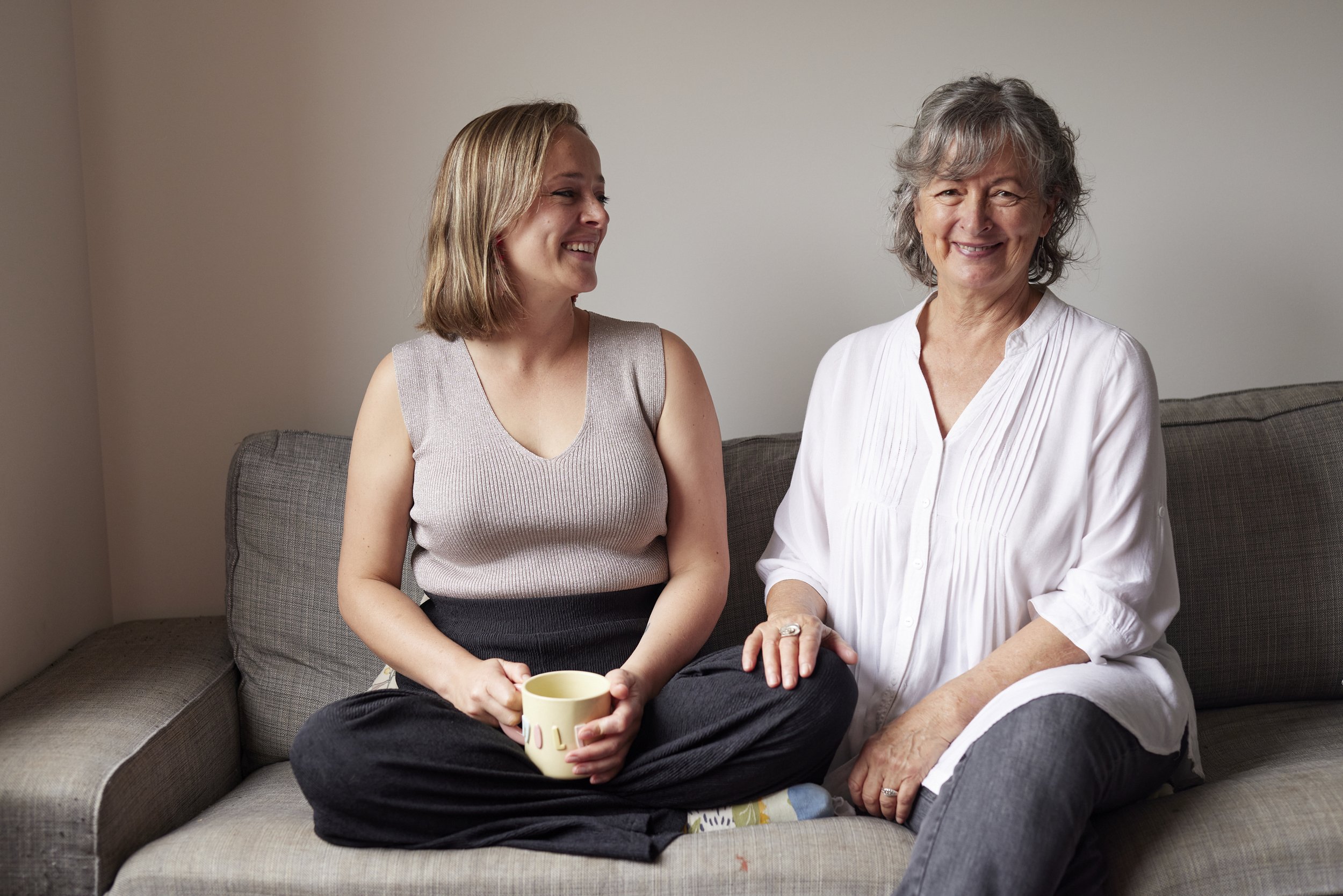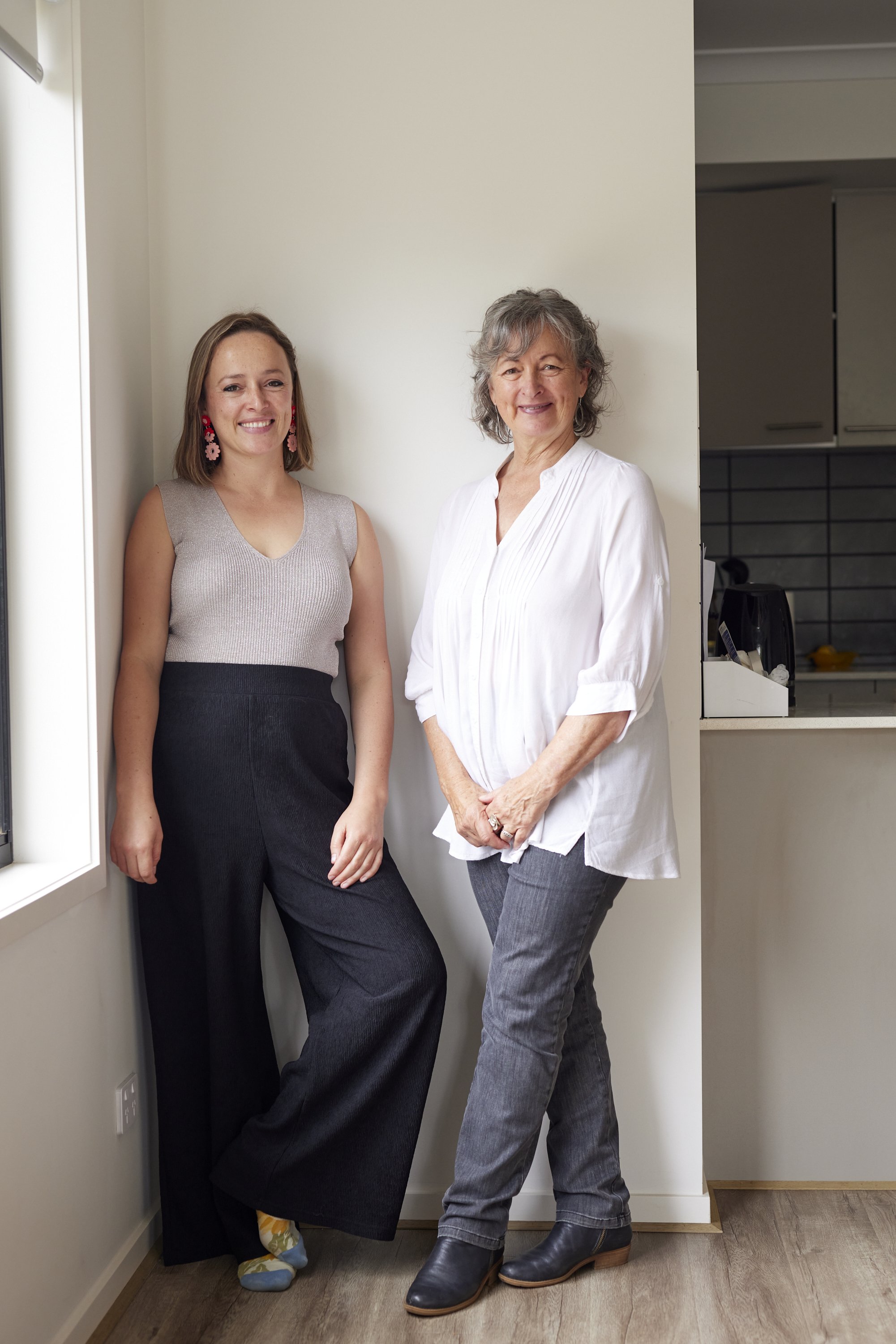Freya Bennett, founder of Ramona Magazine, interviews her mum Jane Bennett one of Australia’s best known menstrual educators
Jane Bennett began practicing fertility awareness in her mid-20’s after she became disillusioned and frustrated by the contraception she was being offered. Inspired by the revelations of learning about her fertility cycle – she describes this as an epiphany – Jane has worked counselling and teaching natural fertility management, and developing and delivering menstrual education programs and resources since 1990. In this time Jane has become one of Australia’s best known menstrual educators. Author of multiple books, Jane founded Celebration Day for Girls and the Chalice Foundation to continue to share her wisdom on menstruation. As her daughter, I was excited to sit down and chat with her about her lifetime of experience learning and teaching the menstrual cycle.
What got you interested in fertility awareness?
Until my mid-twenties I’d had a fairly typical experience of contraception; including a couple of pill scripts for Microgynon and a Copper-7 non-hormonal IUD. Best of all was a diaphragm that a friend encouraged me to try, which I did and found to be easy. I loved that it wasn’t hormonal or a permanent (painful) device inside me.
Then I heard about Francesca Naish and natural fertility management (a fertility awareness combination of methods), and thought ‘that sounds interesting’!
With the support of a new boyfriend we had an appointment with Francesca together. This was fascinating: to learn how to read and understand my signs of fertility and use this for contraceptive purposes, though I wasn’t at all sure I could do it.
Once I started charting, and with guidance, I was really amazed how quickly the pattern of my cycle emerged, and how I was able to read the signs and know when I was fertile and when I wasn’t. For me, it was like a veil lifting. It was an extraordinary insight into my body, my mind, my cycle, my fertility and the rhythms of my sexual interest and expression too.
Quickly, it became so much more valuable than just contraception (though this was pretty important on its own) as a way to understand myself – what was going on at different stages of my cycle emotionally, physically, socially.
When you were preparing for a baby (me!), was fertility awareness part of that plan?
Absolutely! By then I was very clear about what the signs were before ovulation and at ovulation. So, we were able to time our conception attempt precisely and I conceived very quickly.
Being so in touch with your cycle, did you know you were pregnant before taking a test?
Yes! Well, you know the story. I knew on the day. I’m not sure if it was the initial meeting of the egg and sperm, or the actual conjoining of our DNA, which happens about 13 hours later. But I just suddenly noticed a pop and waves of energy low down in my pelvis that gradually spread to fill my body. I knew from that moment.
Obviously not everyone will have that same experience with fertility awareness but even getting to know your cycle is pretty fantastic, isn’t it?
Yes! It totally is and I’ve had so many conversations with many women about this and everyone has expressed a version of ‘it’s given me such great insight into myself’ and ‘why didn’t I know this earlier?’.
When did you start being interested in teaching girls about their cycles?
When you were 12 the teachers who knew me from your school invited me to run a workshop on puberty and menarche (first period) for year 5 and 6 girls with their mums.
And tell me about that first session:
It was in the year 2000 and I was really thrilled that they had put aside a whole day, not expecting it to just be a quick information session. I was able to build a multi-faceted, multi-layered day with stories and games, acknowledgement of the seasons and cycles of life, understanding our biology and cycles, explore the practicalities of managing periods – for instance products, self-care, being prepared, we looked at different cultural practices and shared mother daughter bonding activities around this important life-changing transition.
And did that spark the idea for Celebration Day for Girls?
Well, in truth that was the first Celebration Day for Girls! That was the name of the workshop and the intent of the first day is much the same as it is now, with rather more nuance and understanding of why it is important and how best to fulfill the intention for all participants. I had already been running some sessions for mums of girls to help prepare them for that role. So after running the first day with the girls, I continued to run it at the school every year and Celebration Day for Girls became part of the curriculum. Slowly other schools and community groups heard about the program and invited me to run it for them and it grew organically through word of mouth. And then started to grow exponentially so that in 2012 I began training other women to run Celebration Day for Girls in their communities, in both Australia and the UK to begin with.
And how far has it gone now?
We now have a team of trainers and CDG is available in close to 30 countries, and continuing to grow. We just had our first training in Spanish in Columbia and we now have women in Peru, Ecuador, Colombia and Mexico offering this program, largely as CDG Outreach programs, meaning there is no cost or just a token cost to participants.
Wow! That’s amazing, did you ever think it would travel this far?
No, I couldn’t have imagined this in 2000. Each step I took was totally experimental, and I have been delighted that others have wanted to join me in this grand adventure. I’m always particularly pleased to hear the stories back from facilitators, and the girls and their parents who attend, about their positive, often ‘life-changing’ experiences.
Why is it important to teach girls about their cycles before they’ve even had their period?
When girls know very little about periods, and what they do know sounds scary and highly embarrassing, this can naturally cause considerable anxiety and shame. I would attribute the well-documented doubling in rates of depression in girls after menarche with their poor introduction to periods, and the often poor support they receive afterwards.
Alternatively, if they’ve been introduced in a thoughtful and positive way, they can step into this new stage of life, be able to care for themselves in a proactive and positive way and understand their cycles as dynamic, positive and life-enhancing. This is positive for understanding and managing their overall wellbeing, their future sexual choices and having a healthy sense of agency over their own body. This then flows into their whole experience of their menstruating years and beyond.
When I was a tween and teen, I was super embarrassed by all this, did you feel like you’d somehow failed?
Haha! No, I didn’t. It’s very common for girls to be embarrassed and the culture of shame and negativity around periods is highly entrenched and shows up in so many ways. So, I don’t take responsibility for all of that! Not all girls who attend Celebration Day for Girls are going to be fully immune from that as they mature through their teenage years either. That said, you were the one helping your friends, giving them information, explaining aspects of their cycle they didn’t understand and helping them to be more comfortable.
And once you got through that stage of life, you became a passionate menstrual educator yourself! So, I think in fact I did very well!
That’s true, I now talk about periods all over Instagram haha!
What do you hope for the future of menstrual education?
I’d like to see universal positive menstrual education: in school, in homes, in workplaces, in community settings, everywhere there is health education. And well beyond one lesson about ‘pads and plumbing’.
Education needs to be ongoing because, as we all know, every cycle is different, every period is different and there are different issues at different times of life and in different circumstances. To feel connected with people and understanding that this is normal can make a huge difference to the often challenging experiences of menstruation and the menstrual cycle.
It is empowering to have a tool kit of effective self-help tips and tricks you can do for yourself as well as knowing when to get professional help. The fallout from a culture of shame, secrecy and isolation is huge and pervasive and totally unnecessary. With clear intent we can create and maintain a positive menstrual culture around menstruation that will benefit everyone and disadvantage no-one. For an idea about what that may look like we’ve created a Just Imagine poster that we’ve adapted with permission from About Bloody Time. You can download a copy here.
Well, I am very proud of you and grateful to have you as a mum.
Aww I’m very proud of you too and I love being your mum.
Interview Freya Bennett. Photographs Mia Mala McDonald
Check out Ramona Magazine here .



